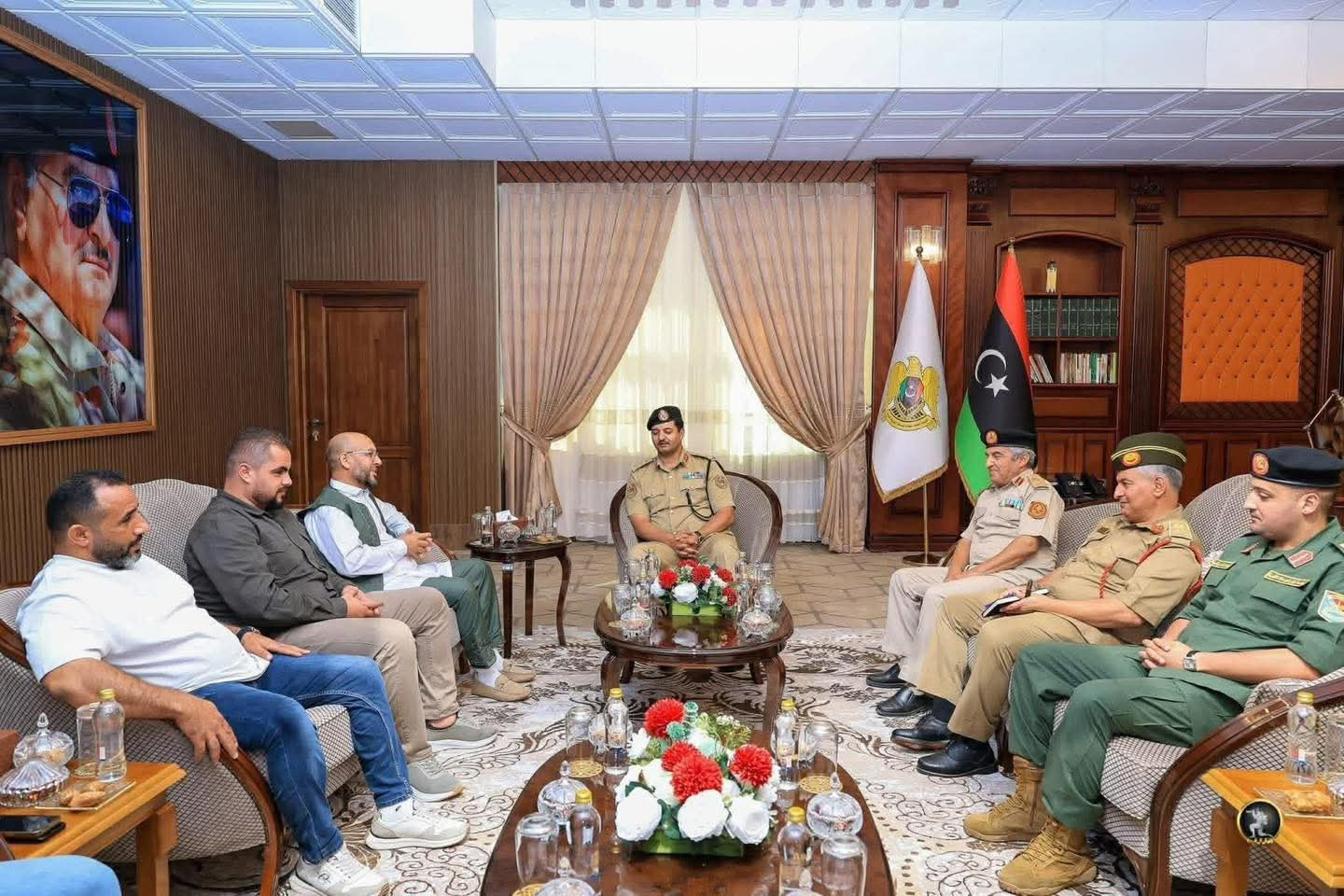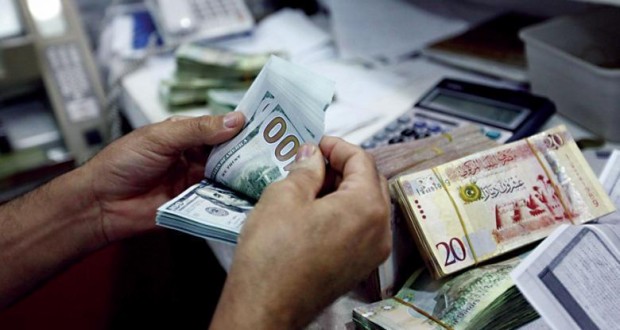Mahmoud Jibril’s administration foreshadowed Libya’s current conflicts
Published on 2020 April 15, Wednesday Back to articles
Former Prime Minister Mahmoud Jibril’s 5 April death from COVID-19 in a Cairo hospital provides an opportunity to reflect upon and better understand how the roots of the current conflict developed while he exercised political influence in the three years following Muammar Qadhafi’s overthrow. 2011-2014 witnessed some of the consequential decisions which were taken by influential stakeholders such as Jibril and foreshadowed the fissures that soon crystallised and defined the Libyan conflict.
Jibril had an ongoing conflict with Qadhafi’s former justice minister, Mustafa Abdul Jalil, who was a fellow member of the National Transitional Council (NTC). They represented two different approaches for Libya’s future that remain in tension today. The secular and Western-oriented Jibril stood in contrast to the conservative and more Islamist-leaning Abdul Jalil. Jibril — who served as a technocrat in the Qadhafi regime and was close to Saif al-Islam Qadhafi — was comfortable to include former regime elements in the new order. By contrast Abdul Jalil favoured a more decisive break with the past. While Jibril was close to the UAE, Abdul Jalil preferred to rub shoulders with Qatari and Turkish officials. Jibril spent much of his time outside the country — cultivating Western allies which only increased the suspicions of frontline fighters — while Abdul Jalil largely remained at home.
These kinds of divisions were nuanced and have certainly shifted over time in Libya but have also proven strikingly resilient. Today, globe-trotting GNA officials are resented by both fighters on the frontlines and ordinary Libyans alike. The Islamist-secular fault line persists albeit within both of Libya’s governments, with Abdul Jalil now allied with the anti-Islamist Haftar. Persistent questions — how to deal with the Qadhafi past; who was on what side in 2011; who broke with the former regime decisively and sufficiently; and who ‘owns’ the revolution — are divisions that continue to animate Libya’s conflicts.
This division, over how to deal with the past, came to a head in the spring of 2013, when a coalition of fundamentalist Salafis, the Muslim Brotherhood and former members of the Libyan Islamic Fighting Group (LIFG) — which had waged jihad against Qadhafi long before the 2011 revolution — and militia leaders from ‘revolutionary’ towns and cities such as Misrata began to push for the introduction of the Political Isolation Law (PIL). This was intended to prevent those who had served in the former Qadhafi regime — even if they were merely technocrats — from assuming office in a post-Qadhafi democratic Libya. An obvious problem with the PIL was that, almost by definition, it excluding anyone who had any administrative experience, which was essential in rebuilding the country.
Interestingly, the party with arguably the most to lose from the PIL was the Jibril’s National Forces Alliance (NFA) because many of its members were former Qadhafi era reformist technocrats who had joined the revolution early on. Jibril — who was no longer prime minister at this point but led the NFA which won the largest number of seats in the July 2012 election with 48.1% of the votes — initially opposed the proposed law and spoke candidly about what he perceived as its true political and economic aims.
However, in a fateful decision based on narrow political interests, Jibril eventually supported a draft variant of the law. He calculated that one of the law’s provisions could weaken his political enemies from the political Islamist camp by excluding those who had taken part in a Qadhafi-era programme to rehabilitate imprisoned Islamists, and thereby also taint them for association with the former regime. In other words, if the law was going to bring him down, Jibril would ensure that his opponents were also brought down with him. The passage of the Political Isolation Law in May 2013 under violent duress from Misrata-based militias was a turning point in post-Qadhafi Libya. Jibril’s change of position makes one wonder if conflict might have been averted if he had maintained a principled stance. If Jibril had not decided to support the law for his own purposes — and had instead continued to oppose it based on the principle of inclusion — other influential members of the General National Congress (GNC) elected parliament would have followed and this may have led to a different outcome.
The effect of the law was broader than just removals of officials. Its symbolic message and signalling of political exclusion have persisted. In some ministries, many employees, aware that they would be affected by the law, simply stopped coming to work but often continued to collect their salaries. In the elections of summer 2014 some of those implicated by the PIL decided not to run rather than to subject themselves to the process. Meanwhile, some exiled Libyans decided not to return to Libya because of the law. In extreme cases, those left out of the new political order turned to radical groups such as the Islamic State. Most critically, the law underscored the zero-sum nature of post-Qadhafi Libyan politics, in which compromise is rare and various parties, under threat of exclusion, are given little incentive to participate peacefully in the political process. The law and the Islamist show of force around it also emboldened Khalifa Haftar. In 2014, he initiated his first armed campaign — ‘Operation Dignity’ — made it explicit that it saw no place for political Islam in a future Libya despite continuing to ally itself with Madkhali Salafist militias that are supported by Saudi Arabia and advocate obedience to the state. Haftar’s uncompromising rhetoric and his admiration for Egypt’s army chief Abdelfattah el-Sisi — who violently overthrew the democratically elected Muslim Brotherhood government of President Mohamed Morsi in June 20213 — underscore the hold which the politics of exclusion continue to have over Libya.
This excerpt is taken from Libya Politics & Security, our weekly intelligence report on Libya. Click here to receive a free sample copy.



